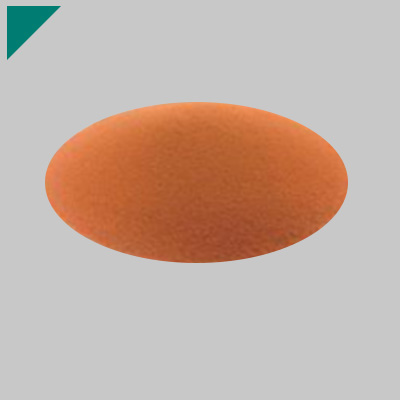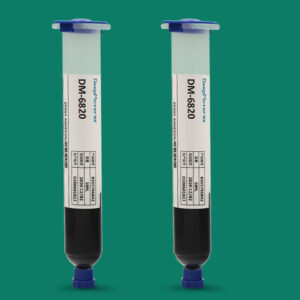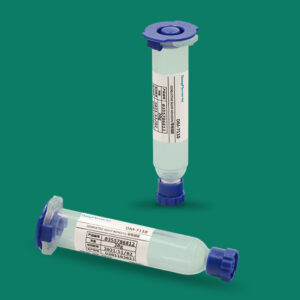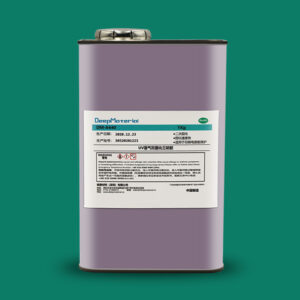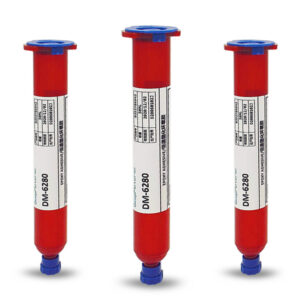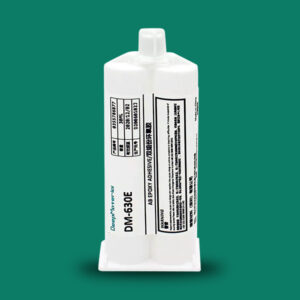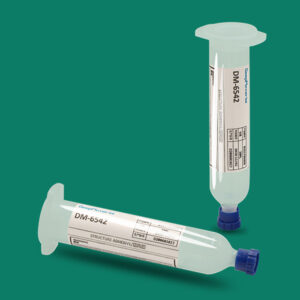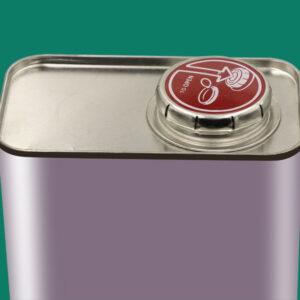The Advantages of Using Epoxy Resin for Electric Motors
The Advantages of Using Epoxy Resin for Electric Motors
Epoxy resin has become a crucial component in the manufacturing and maintenance of electric motors, significantly enhancing performance and durability. This versatile material, known for its robust properties, offers numerous benefits when used in electric motor applications. This article delves into epoxy resin’s unique advantages, explores its role in electric motors, and provides a comprehensive guide on its applications, benefits, and future trends.
Understanding Epoxy Resin
Epoxy resin is a type of synthetic polymer that consists of epoxide groups. It forms a hard, durable substance with excellent adhesive properties when cured. Its chemical composition allows it to bond strongly with various substrates, including metals, plastics, and ceramics. The versatility of epoxy resin makes it an ideal choice for a wide range of industrial applications, particularly in electric motors.
Critical Characteristics of Epoxy Resin
- High Adhesion: Epoxy resin provides a strong bond to many materials, making it suitable for applications where durability is critical.
- Chemical Resistance:It resists chemical degradation, making it ideal for environments where exposure to oils, fuels, and other chemicals occurs daily.
- Thermal Stability: Epoxy resin can withstand high temperatures, essential for operating electric motors that generate significant heat.
- Electrical Insulation: It offers excellent electrical insulation properties, reducing the risk of short circuits and improving motor efficiency.
Applications in Electric Motors
Epoxy resin has several applications in electric motors, enhancing performance and longevity. Here are some of the primary uses:
- Winding Insulation: Epoxy resin insulates the windings of electric motors, protecting them from electrical shorts and ensuring consistent performance.
- Encapsulation: Motor components can be encapsulated in epoxy resin to shield them from environmental factors like moisture and dust.
- Vibration Dampening: The resin can help dampen vibrations, reducing wear and tear on motor components and extending the motor’s lifespan.
- Structural Reinforcement:Epoxy resin reinforces motor components, providing additional strength and resistance to mechanical stress.
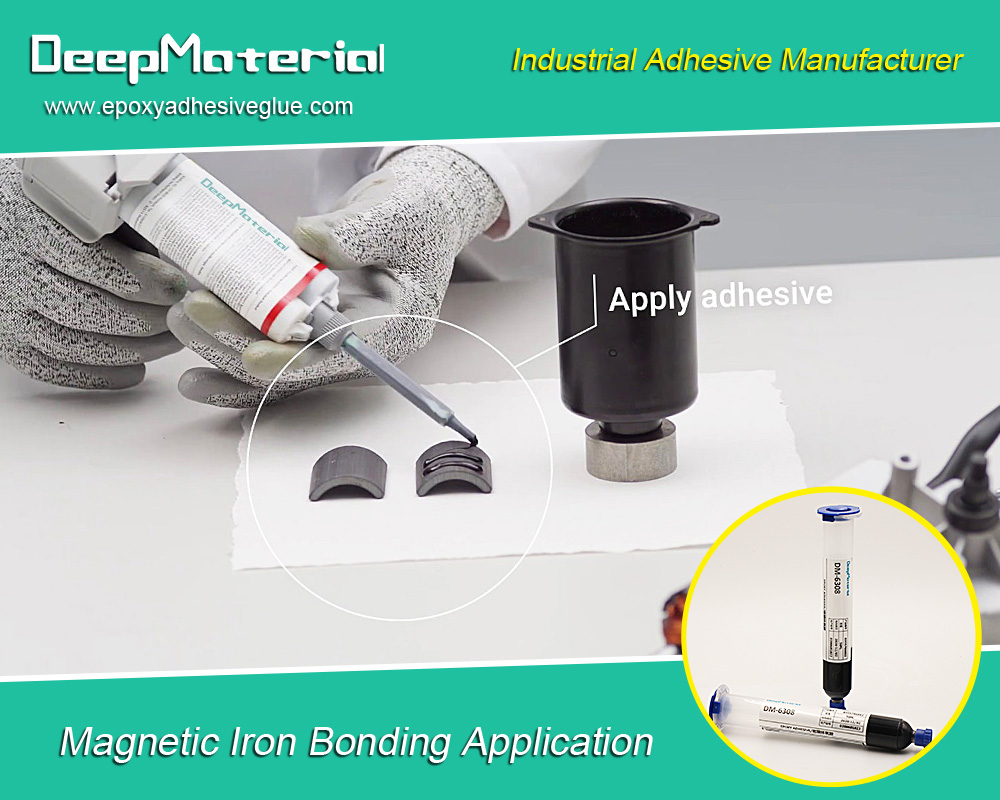
Benefits of Using Epoxy Resin
Epoxy resin is a transformative material for enhancing the performance and longevity of electric motors, offering several significant benefits. This resin, renowned for its superior strength and adhesive properties, is widely applied in the motor industry to improve functionality and durability. The application of epoxy resin can be broken down into several key advantages:
- Enhanced Durability: One of the standout benefits of using epoxy resin is its ability to provide high-strength protection to motor components. This durability ensures that parts endure harsh operational conditions without frequent repairs or replacements, leading to a more robust and reliable motor.
- Improved Efficiency: Epoxy resin excels at offering excellent electrical insulation. This insulation helps to minimize electrical losses within the motor, thereby maintaining and even improving its operational efficiency. Preventing energy dissipation supports more effective and consistent motor performance.
- Extended Lifespan: Epoxy resin’s protective qualities safeguard electric motors from a range of environmental and operational stresses. It includes shielding against moisture, chemicals, and physical wear, all of which contribute to a significantly longer lifespan for the motor.
- Cost-Effective Maintenance:Applying epoxy resin also proves to be a cost-effective maintenance measure. By reducing the frequency of repairs and extending maintenance intervals, epoxy resin helps lower overall maintenance costs. It makes it an economically advantageous option for motor upkeep over time.
Applications in Different Types of Electric Motors
Epoxy resin is a crucial material used in the manufacture and maintenance of various electric motors. Owing to its versatile properties that enhance performance and durability, epoxy resin is used in several types of motors, each benefiting from its unique attributes in different ways.
- AC Motors: Epoxy resin is predominantly employed in alternating current (AC) motors for its insulating and protective qualities. This resin shields the motor windings from electrical and environmental damage, contributing to the motor’s dependable operation even under fluctuating load conditions. Epoxy resin helps maintain efficiency and longevity in AC motors by providing a robust layer of insulation.
- DC Motors: Direct current (DC) motors utilize epoxy resin to safeguard crucial components such as the commutator and brushes. The resin’s insulating properties are pivotal in enhancing the motor’s performance by minimizing electrical faults and wear. This protection ensures smooth and reliable operation, particularly in applications requiring consistent power output and precision.
- Servo Motors: Epoxy resin offers critical benefits for servo motors, which are known for their high-speed and high-precision operations. It provides insulation that withstands the stresses of rapid movement and significant temperature variations. By protecting the motor from these operational challenges, epoxy resin ensures servo motors maintain their accuracy and reliability, which is essential for applications demanding precise control.
Future Trends in Epoxy Resin for Electric Motors
The landscape of epoxy resin applications in electric motors transforms significantly as material science and technology advance. The ongoing evolution is marked by several notable trends that promise to reshape the industry:
- High-Performance Epoxy Resins: One of the foremost developments in this field is the creation of epoxy resins that offer superior thermal and chemical resistance. These advanced formulations are designed specifically for high-performance motor applications, ensuring durability and reliability even under extreme conditions. Researchers are making strides in developing resins that not only withstand higher temperatures but also provide better protection against harsh chemicals, which can enhance the longevity and efficiency of electric motors.
- Eco-Friendly Formulations: With increasing awareness about environmental sustainability, there is a concerted effort to produce eco-friendly epoxy resins. These formulations aim to reduce the ecological footprint of motor manufacturing processes. By using less harmful chemicals and adopting safer production practices, these resins contribute to a cleaner and safer work environment. This shift towards green chemistry reflects a broader trend in various industries prioritizing environmental stewardship and sustainability.
- Advanced Curing Technologies: The efficiency of epoxy resin applications is also improving thanks to innovations in curing technologies. New methods, such as UV curing, are being explored to expedite the curing process while enhancing the quality of the final product. These advanced curing techniques can lead to faster production times and more consistent results, which are critical for the mass production of high-performance electric motors. By optimizing curing processes, manufacturers can achieve better adhesion, reduced energy consumption, and improved overall performance of epoxy-coated components.
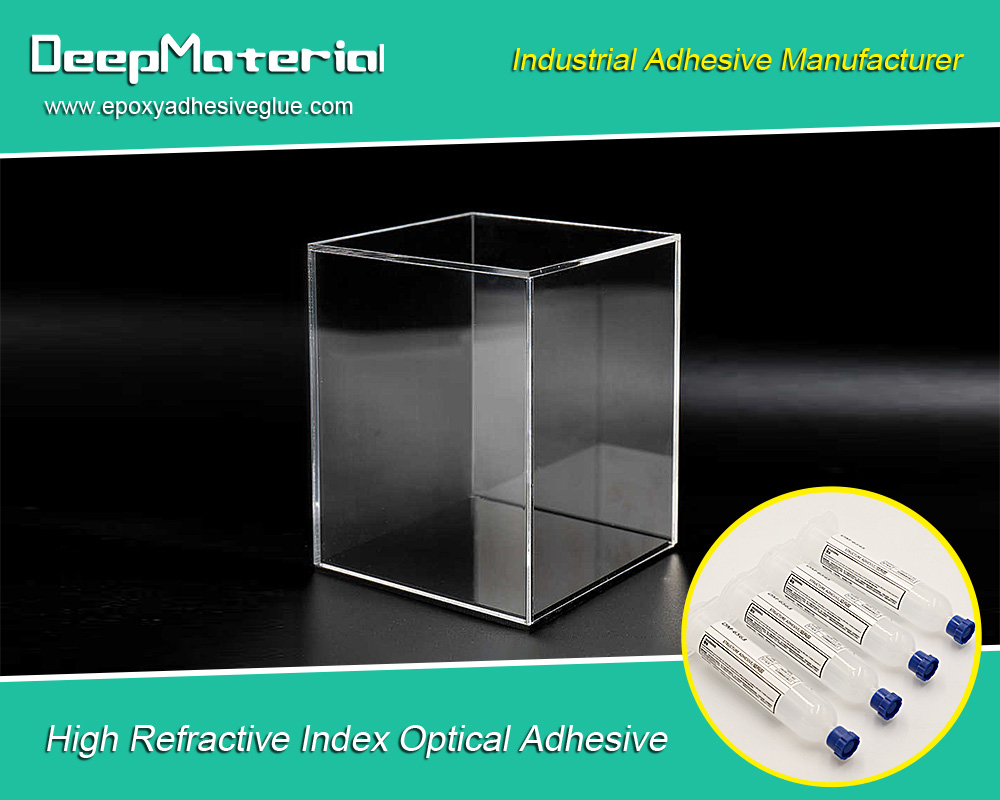
Conclusion
Epoxy resin plays a pivotal role in enhancing and maintaining electric motors, offering numerous advantages such as durability, efficiency, and extended lifespan. Its ability to insulate, encapsulate, and reinforce motor components makes it an invaluable material in various motor types. As technology advances, the development of high-performance and eco-friendly epoxy resins will further enhance their application in electric motors, promising even more significant benefits in the future. Embracing these advancements will help industries optimize motor performance and reliability, ensuring that electric motors meet modern applications’ demands.
For more about choosing the advantages of using epoxy resin for electric motors, you can pay a visit to DepMaterial at https://www.epoxyadhesiveglue.com/category/epoxy-adhesives-glue/ for more info.



